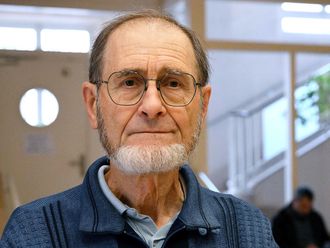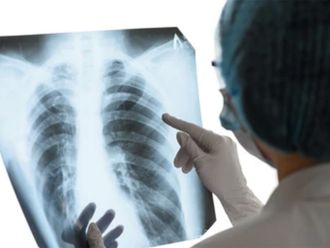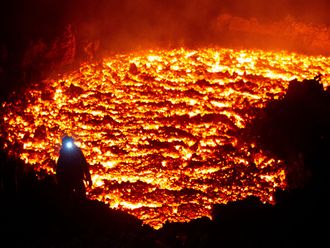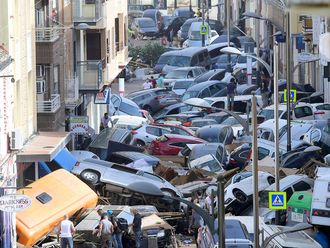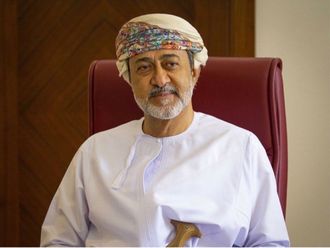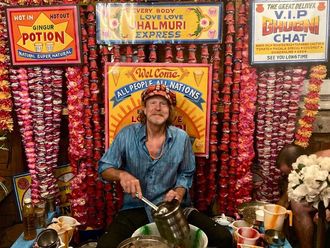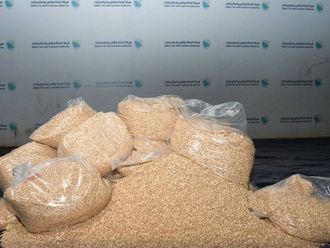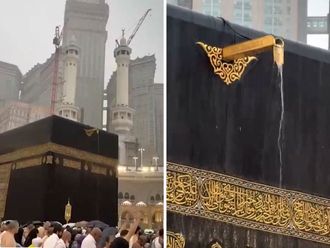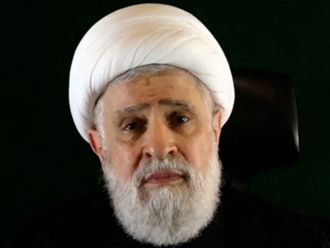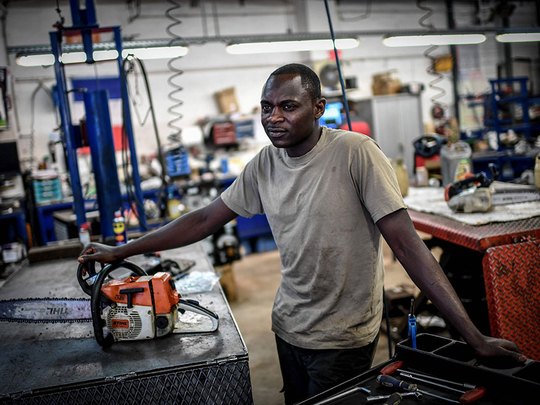
Bonnelles, France: Adam Osman is making a new life for himself with the help of a French company, but his young face tenses when he describes what brought him here: the killing of his family, and torture.
Every morning the 24-year-old enjoys the walk to work through calm woodland from a migrant shelter in the picturesque town of Bonnelles, an hour's drive south of Paris.
In the 18 months since landing a job as a mechanic at Crosnier, a company which sells gardening equipment, Osman has learned a lot - mostly, he says, thanks to the patience of his boss.
"He likes helping people and he's explained loads of things to me. It's allowed me to grow as a person, to build a future," he tells AFP.
But the suffering is visible on Osman's face, marked with the fine traditional scars of his tribe, as he recounts the killing of his family during a rebellion in Chad's eastern Ouaddai region a decade ago.
"I don't have any family left there," he says briefly.
"If I'd stayed, it would have been prison or death. So I went to Libya."
His flight to the north African country in 2010 would bring only more suffering.
He found work at a junkyard in Sorman, a town west of Tripoli, and then a car garage, only to have his belongings robbed by Libyan gangs.
But it was the death of dictator Muammar Gaddafi in 2011 that saw all hell break loose.
Electric shocks
Life in Libya became "as bad as [life in] Chad", Osman says.
Militias started kidnapping African migrant workers to extort money from their families. Osman was kidnapped three times.
The first time he got away by handing over his phone and some money. The other times, the kidnappers tortured him with electric shocks on his legs.
"They wanted to get money from my family," he said. "But I didn't have anyone left to call."
Both times the kidnappers eventually gave up and let him go, and Osman went back to work at the Sudanese-run garage.
But he resolved to join the thousands crossing the Mediterranean, desperate to escape a country where many Africans have been held for ransom like him, or even sold as slaves.
Crammed onto a boat with 30 other people - steered by a Somali who "didn't even know where the coast of Sicily was" - Osman made it to the Italian island in June 2014 after four gruelling days at sea.
He quickly headed to France, having heard of a place called Calais "where migrants could settle down".
But the northern port was hardly the new home he had imagined. He slept outdoors for six months, eventually wandering to other French towns.
Osman was finally granted refugee status in 2015, but this was not the end of his troubles: struggling to find work and shelter, he still often slept on the street.
It was an encounter in 2016 with Isabelle Maurette, director of a migrant shelter in Bonnelles, which turned things around for him.
He eventually won the job at Crosnier, whose director Julien Fredon was keen to offer work to refugees - something he saw as his "duty as a citizen".
"We'd been looking for an extra technician for three years, complaining that there aren't enough well-trained young people in France," Fredon said.
Optimistic outlook
Ironically, the hellish years in Libya had left Osman with decent experience as a mechanic - and he was "positive, independent and curious", he added.
He admits that not all of his 43 employees welcomed Osman with open arms. Some "were overtly racist", he says, something the young refugee has found deeply painful.
But over the months, Osman was accepted into the team: "No one came to me to protest, and finally they integrated with Adam, excited by his spirit and professional qualities," Fredon said.
Osman is now turning to a fresh challenge: graduating high school.
He'll have to improve his French and juggle part-time work with classes where he is the only refugee.
But Osman says he's happy - and dreaming already of carrying on his studies afterwards.


